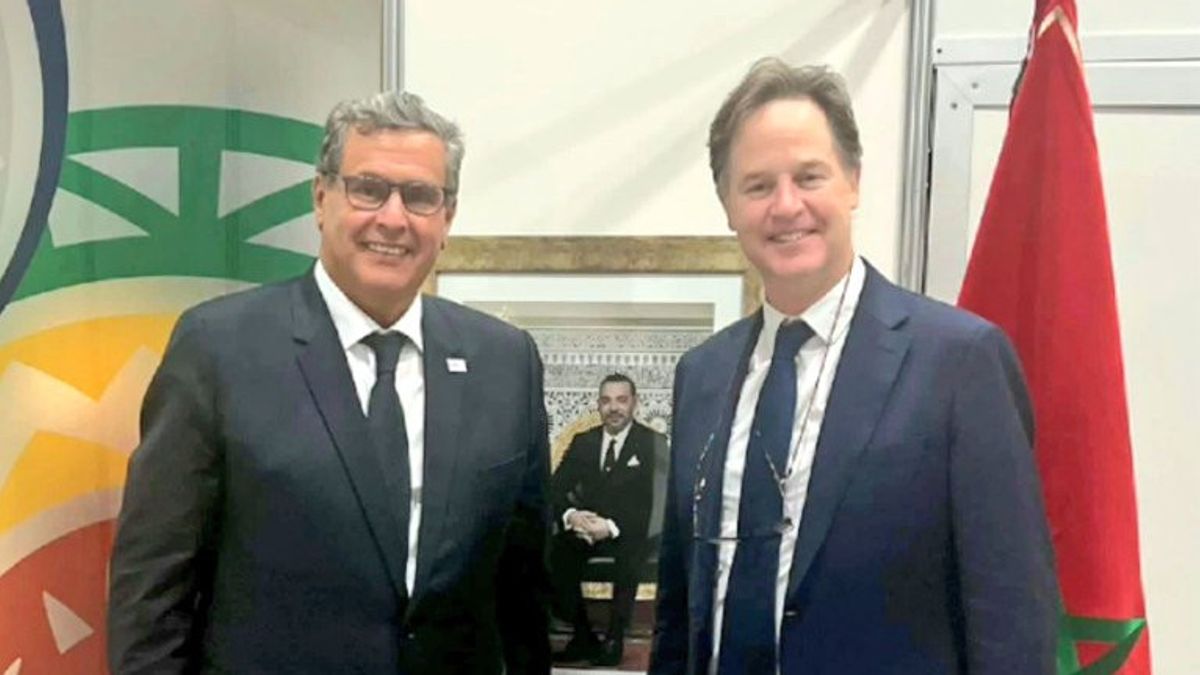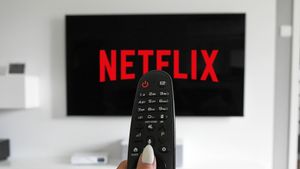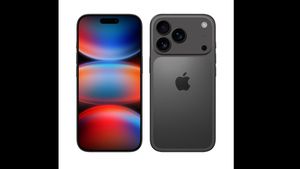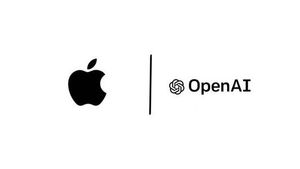JAKARTA - Meta Platforms Inc., will begin detecting and labeling images produced by other company-made intelligence services in the coming months. They used a series of invisible markers built into files. This was said by the Meta policy executive on Tuesday, February 6.
Meta will implement labels on any content that carries the marker posted to its Facebook, Instagram, and Threads services, in a bid to signal users that the images - which in many cases resemble real photos - are actually digital creations. This is outlined by Meta's president of global affairs, Nick Clegg, in a blog post.
The company already labels any content it produces using its own artificial intelligence tools.
"After the new system runs, Meta will do the same for images made in the services run by OpenAI, Microsoft, Adobe, Midjourney, Shutterstock, and Alphabet's Google," Clegg said.
The announcement provides an early glimpse of a growing standard system developed by tech companies to reduce the potential for damage linked to a generative artificial intelligence technology, which can produce false but noticeable content in response to simple instructions.
This approach builds on templates that have been created over the past decade by several of the same companies to coordinate the removal of banned content across platforms, including an overview of mass violence and child exploitation.
In an interview, Clegg told Reuters that he felt confident the companies could label images produced by artificial intelligence at this time, but said tools to tag audio and video content were more complicated and still under development.
"Although the technology is not fully mature, especially when it comes to audio and videos, the hope is that we can create a sense of momentum and incentives for all industries to follow suit," Clegg said.
He also added that Meta will begin demanding people to label audio and video content that is changed themselves and will impose sanctions if they fail to do so. Clegg did not explain the sanctions.
He added that currently there is no viable mechanism to label written texts generated by artificial intelligence tools such as ChatGPT. "It's too late," Clegg said.
SEE ALSO:
A Meta spokesperson declined to say whether the company would label the content of the generative artificial intelligence shared on their encrypted messaging service, WhatsApp.
Meta's independent supervisory board on Monday 5 February rebuked the company's policy of editing videos in a misleading way, saying the policy was too narrow and content should have been labeled rather than removed.
Clegg said he generally agrees with the criticism. "The board is right," he said. "That existing Meta policies don't match the goals in an environment where you will have more synthetic content and hybrid content than ever before."
He pointed to the new signing partnership as evidence that Meta was already moving in the direction proposed by the council.
The English, Chinese, Japanese, Arabic, and French versions are automatically generated by the AI. So there may still be inaccuracies in translating, please always see Indonesian as our main language. (system supported by DigitalSiber.id)


















